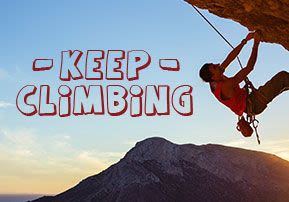
Bamidbar: Keep Climbing
Rebbe Nachman explains that the paths of teshuva, knowing how to keep going and stay in the battle, is an important aspect in being able to receive the Torah.

We begin this week the fourth book of the Torah, Bamidbar. The beginning of the parsha gives a counting of each of the tribes. God commanded Moshe and Aaron, along with the tribal elders, to take a census of all males above the age of twenty. Rashi explains that it was due to Hashem’s love for the Jewish people that He counted them frequently: when they left Egypt, after the sin of the Golden Calf and now as He rested his presence amongst them. “From twenty years of age and up- everyone who goes out to the legion in Israel- you shall count them according to their legions, you and Aaron.” (Chapter 1, Verse 3, and Artscroll commentary)
Regarding teshuva (returning to Hashem), Rebbe Nachman explains in the 6th teaching in Likutei Moharan, Part One, that a person needs to be an expert is ascending and descending, running and returning; they need to know how to serve Hashem and return to Hashem whether things are going really well or the opposite. When a person merits to ascend and achieve a new spiritual accomplishment, they should not stay there and rest on their laurels, rather they need to keep climbing and strive to reach new levels. On the other hand, when a person has fallen into a negative spiritual state whether in their actions and emotions, God forbid, they should never let themselves despair. They need to keep searching and calling out to Hashem and find strength and encouragement in whatever way possible. They need to know that tomorrow can be a completely different from today.
Rabbi Natan of Breslev explains why Hashem commanded Moshe to count the Jewish people now in the second year of their Exodus from Egypt. We can learn from this counting an important principle in our lives as Jews today, long after the journey in the wilderness. Each and every person who was eligible to go out to battle (specifically) was counted. This teaches us that each and every person needs to be ready to go out to battle in their life– when they are in a state of יוצא, going out, when they have fallen from their level; they need to know how to fight the battle in this situation and keep searching for Hashem. Rebbe Noson asks however, we still need to understand why Hashem commanded Moshe to count the people here, because we find in another verse in the Torah that counting causes danger to the Jewish people: “When you take a census of the Children of Israel according to their numbers, every man shall give Hashem an atonement for his soul when counting them, so that there will not be a plague among them when counting them.” (Shemot, Chapter 30, Verse 12) He explains that after the sin of the Golden Calf Hashem was forced to count the Jewish people, because a sin is the aspect of a lost item. When we sin, we have lost something in our connection to God. In a situation where something is lost a counting is needed, just like items are counted and labeled in a store or warehouse so that they won’t go missing. The counting is a rectification for what was lost spiritually. Therefore, we always read this parsha before the holiday of Shavuot. Now when we don’t have the Temple and we don’t have the Tribes organized according to their flags and families, and the Jewish people are scattered in the exile, our only source of life is the Torah. Through reading this Torah portion before Shavuot we receive the holy influence of the Jews who left Egypt and travelled in the desert, who surely knew the paths of teshuva. They knew how to serve Hashem in every situation. The main aspect of being able to receive the Torah is knowing the paths of teshuva. (Likutei Halachot, Laws of Blessings on Fruits, 5th teaching)
This principal of always finding the path of teshuva in every situation and knowing how to connect to Hashem no matter what is discussed a lot in Rebbe Nachman’s teachings. He stresses the importance of renewal and only focusing on today, all we have is today and this moment. How can I connect to Hashem in this moment? This applies to both situations which a person might find themselves in, whether things are going great or everything seems really terrible. When things are going really well and I feel happiness and success, what is my next step? What new goal do I need to strive for? There is always more to strive for. And the opposite is true- when things feel down in the dumps, what good points can I find right now? What good can I hold onto? I want to search for Hashem in this difficulty and discover what He is trying to teach me. The Torah teaches us what Hashem wants from us, and Rebbe Nachman explains that knowing the paths of teshuva, knowing how to keep going and stay in the battle, is an important aspect in being able to receive the Torah.
Each and every year the special light of each yom tov comes down into the world again. We are not just celebrating what happened to our people in the past. Right now, we are counting the days of the Omer in anticipation of the approaching holiday of Shavuot, day after day. On Shavuot we received the Torah at Mount Sinai. So too this year, we have the opportunity to receive the Torah anew, every one of us on our level. It doesn’t matter where we were a year ago at this time. Right now, we can strengthen our connection to learning Torah and trying our best to live the teachings of the Torah. We can find more pieces of our good attributes which we might have lost during our journey. The light of receiving the Torah, and finding our special path of teshuva, our special letter in the Torah, is here right now! Let’s embrace the opportunity.
***
Republished with permission from breslov.blog.




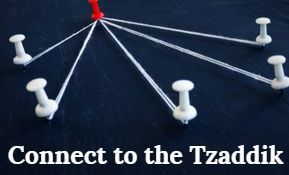
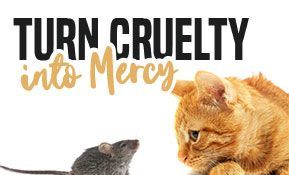
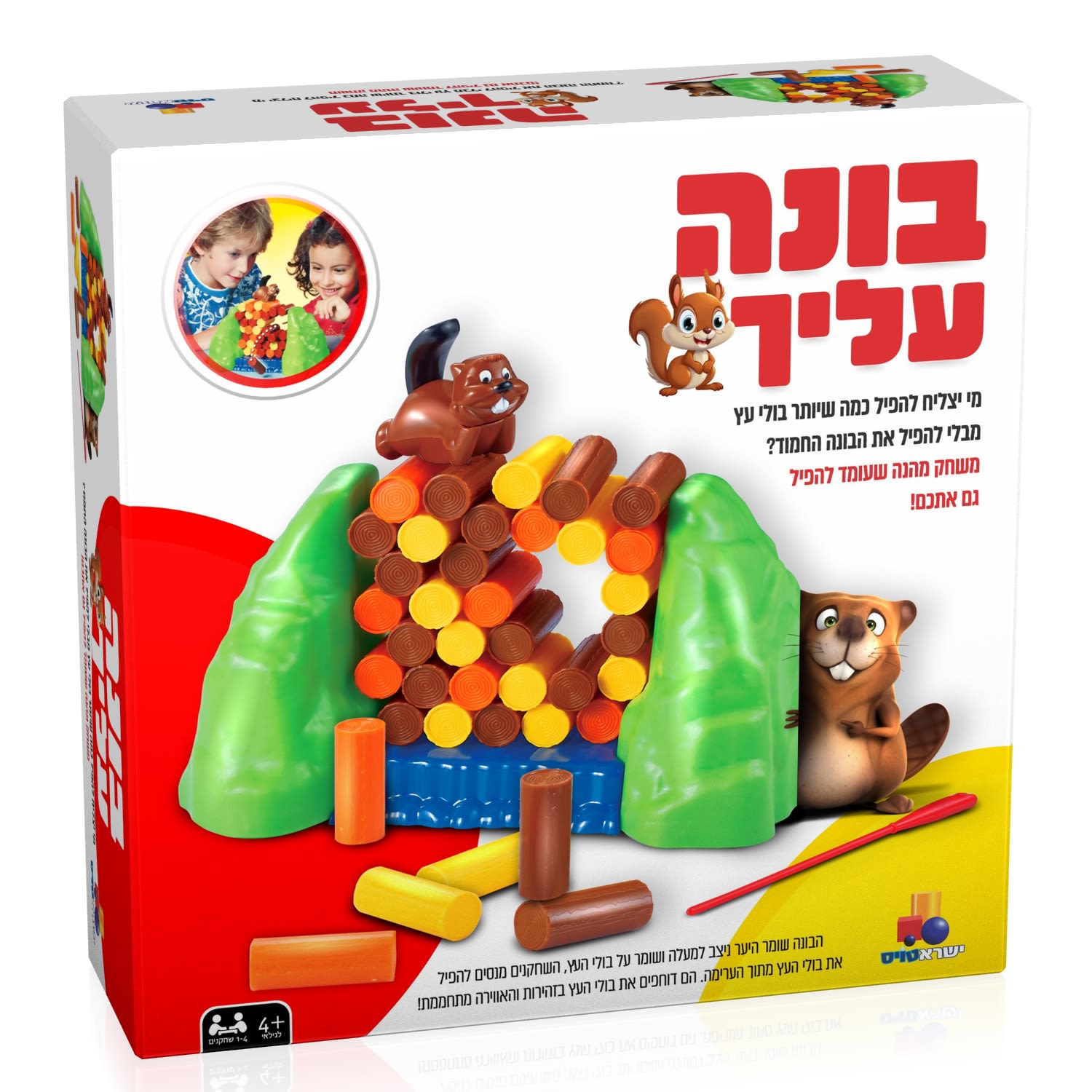
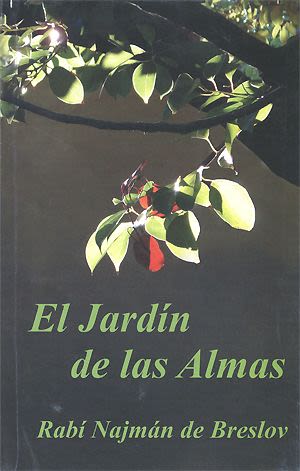


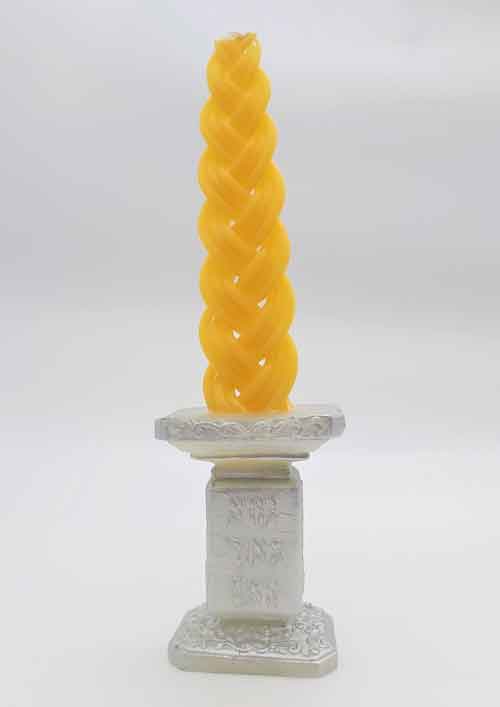
Tell us what you think!
Thank you for your comment!
It will be published after approval by the Editor.